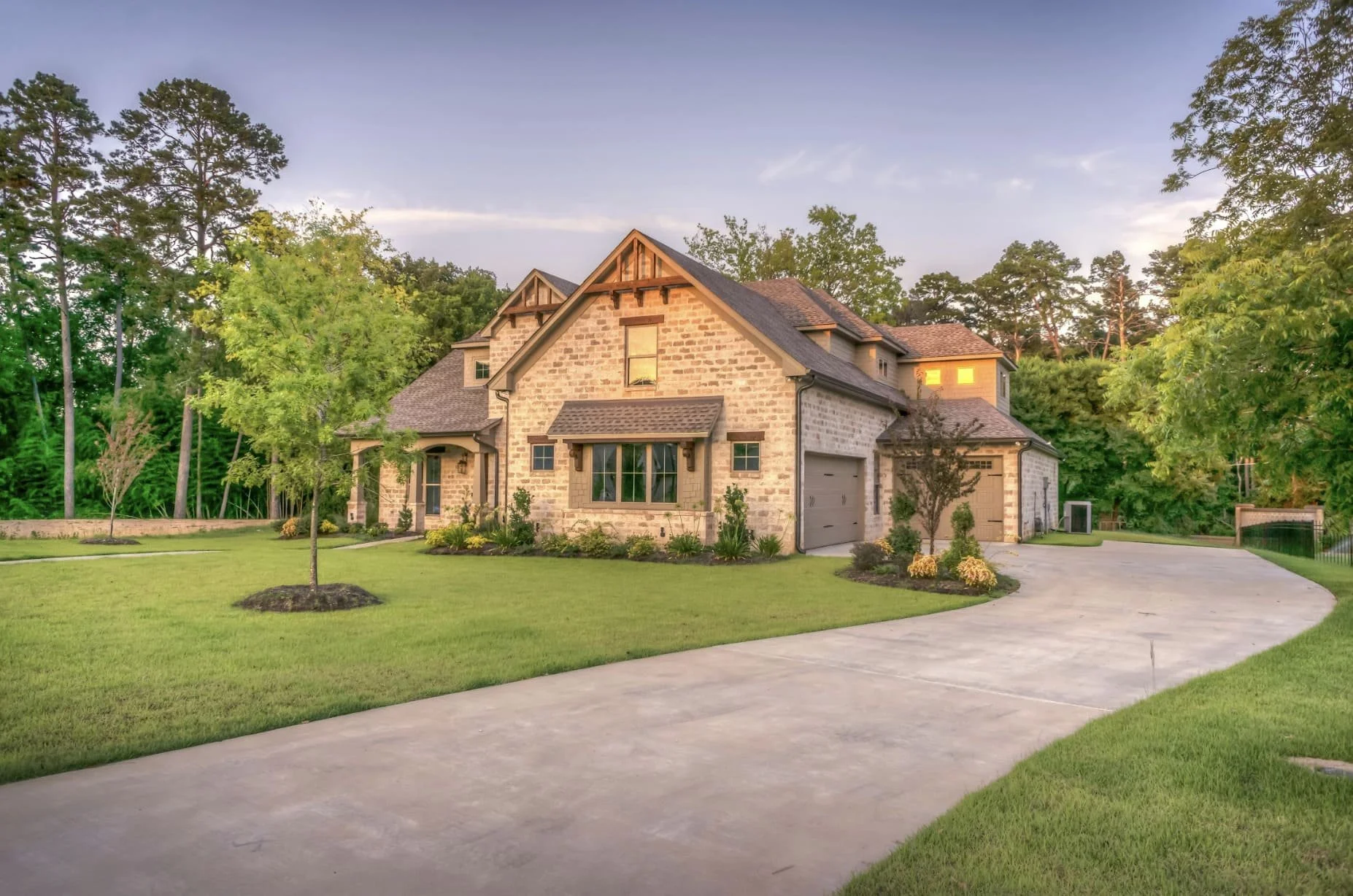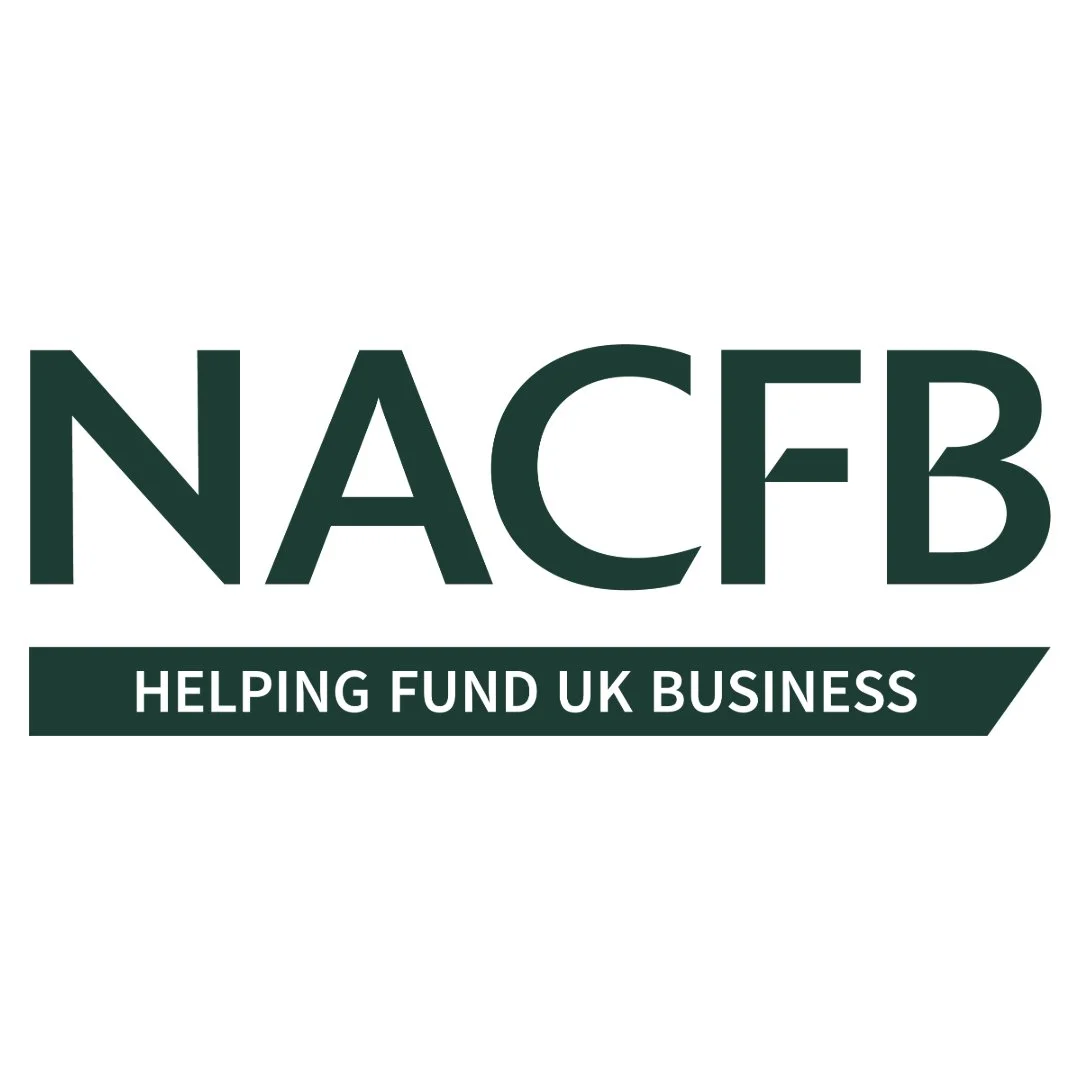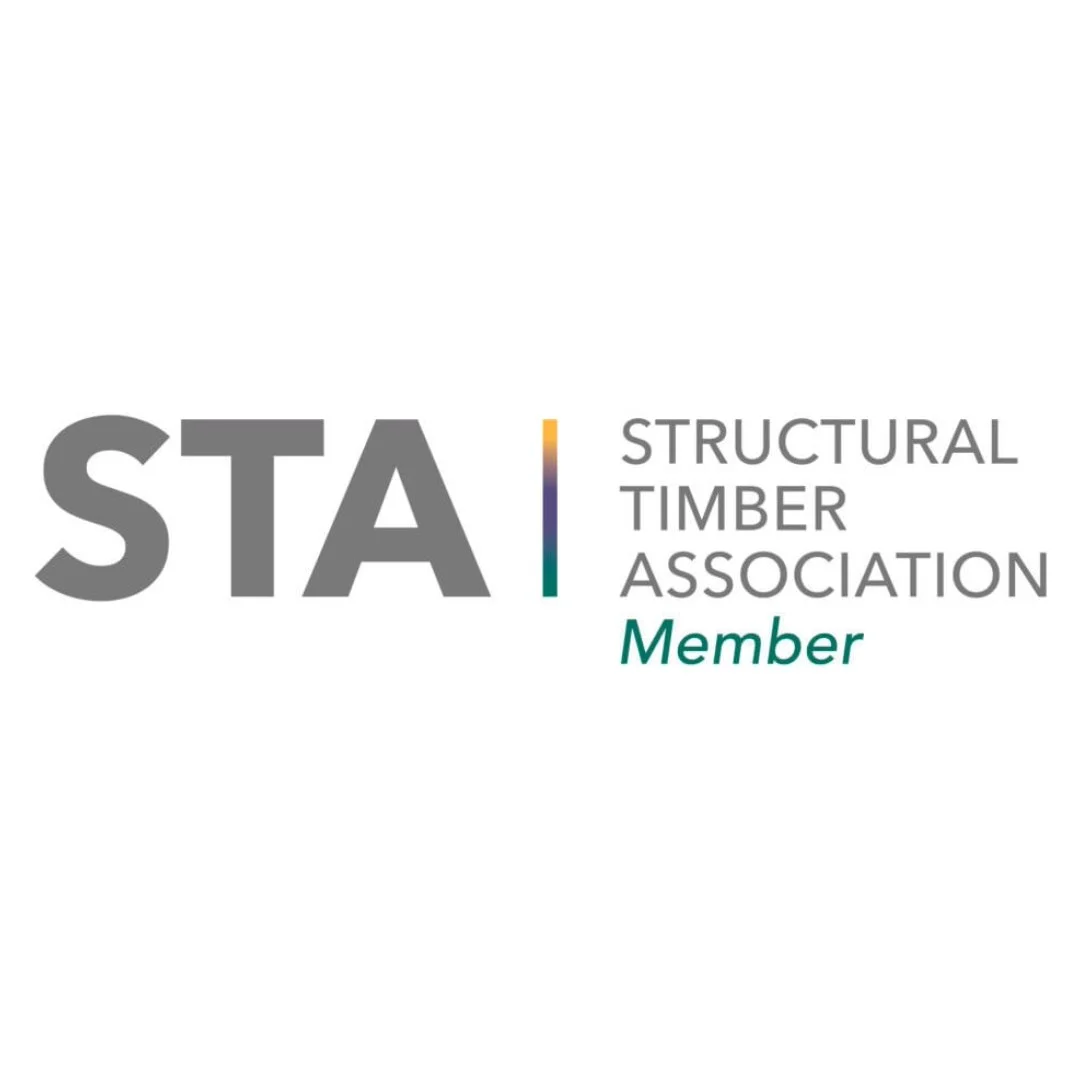Self Build Mortgages > Stamp Duty
Do you pay stamp duty on a Self Build in the UK?
The rules around Stamp Duty Land Tax (SDLT) in England and Northern Ireland, Land and Buildings Transaction Tax (LBTT) in Scotland, and Land Transaction Tax (LTT) in Wales can feel confusing.
The good news is: you do not pay stamp duty on the cost of building your home, or on its final value once it’s finished. The tax only applies at the point when you buy land or property. What you owe depends on whether the land you’re buying counts as residential or non-residential at the time of purchase, and on which part of the UK you’re in.
All information on this page was correct at the time of publishing, but please do book in for a FREE call with our experts to get up to date advice.
The quick answer about Self Build stamp duty
✔ You don’t pay stamp duty on construction costs or the final value of your Self Build home.
✔ You may owe tax when you buy the plot or building, depending on its status at the time of puchase.
✔ Bare land without a dwelling is usually taxed at non-residential rates.
✔ Land with an existing dwelling (even if you plan to demolish it) is taxed at residential rates, unless it is truly derelict.
✔ Rules differ slightly between England, Scotland, and Wales, so be sure to check local guidance.
How it works in England and Northern Ireland (SDLT)
In England and Northern Ireland, SDLT is due when you buy land or property above the current thresholds. The rate you pay depends on whether the purchase is classed as residential or non-residential.
Bare land without a dwelling is generally classed as non-residential. This means you’ll pay SDLT at the non-residential rates, which are usually lower and have different bands.
Land with an existing dwelling is classed as residential, even if the building is uninhabitable or you plan to knock it down and start again. In this case, the residential SDLT rates apply, and you may also be caught by the 3% surcharge if you already own another dwelling.
We recommend assuming that buying a house to demolish will be treated as a residential purchase. But we can help to understand this for your specific scenario. Bare plots are usually non-residential.
How it works in Scotland (LBTT)
In Scotland, the equivalent tax is LBTT. The same principle applies: tax is due when you buy land or property, not when you build.
Bare land is taxed under non-residential LBTT rates.
Land with a dwelling is taxed as residential, even if you plan to replace it.
Scotland also has an Additional Dwelling Supplement (ADS) of 8%, which applies if you already own another residential property when you buy a new one. ADS doesn’t apply to bare land, but it does to dwellings. This makes the classification of your plot particularly important.
How it works in Wales (LTT)
In Wales, Land Transaction Tax works in a similar way.
If you buy a bare plot of land with no dwelling, LTT is charged at non-residential rates.
If the land includes a house or cottage, the residential rates apply, even if your intention is to demolish and rebuild.
Wales also applies higher rates for additional residential dwellings, which again can catch out self builders buying land with an existing house.
The Welsh Revenue Authority provides an online calculator to work out the LTT due on your purchase.
What to check before you buy a Self Build plot?
Before committing to a plot or a property to renovate, make sure you understand:
✔ If there’s an existing dwelling on the site.
✔ If you already own another dwelling that could trigger a surcharge.
✔ Which country’s tax system applies.
✔ The exact rates and thresholds in place at the time, as these can change.
How can Mayflower help?
Stamp duty is only one part of the self build finance picture, but it’s an important one to understand at the planning stage. At Mayflower, we don’t provide legal or tax advice, but we do:
Help you understand how your purchase is likely to be classified.
Connect you with solicitors who specialise in property transactions.
Structure your mortgage finance so that tax costs are accounted for.
Guide you through the bigger picture from buying land through to completing your build.
Ready to take the next step?
At Mayflower, we specialise in self build, renovation, and conversion mortgages. We’re here to guide you through every stage of the process, from buying your plot to drawing down the last stage of your loan.










